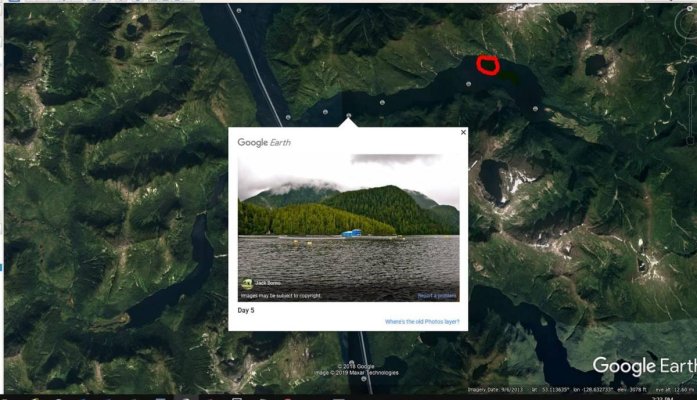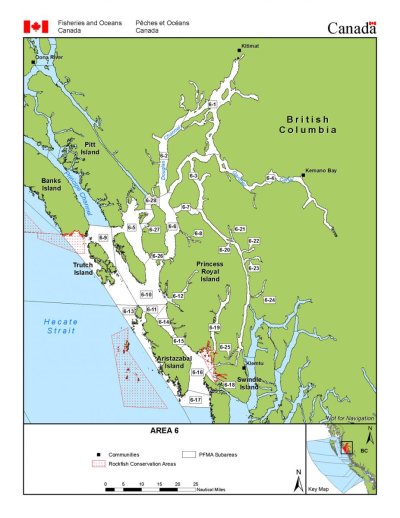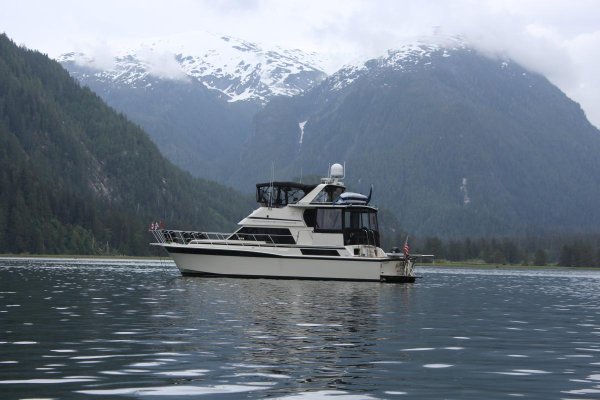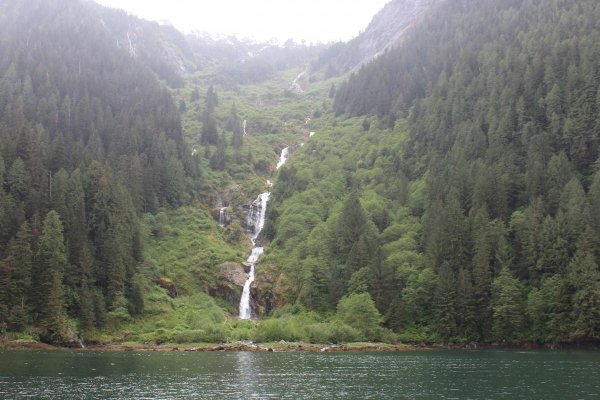Below are emails from First Nations and Spirit Bear Lodge in Klemtu and BC Fish and game.
No fish farm. The picture is wrongly placed!!! Yee Haw
John Czornobaj <john@spiritbear.com>
To:
Thomas Teseniar
Dec 17 at 2:16 PM
Hi Tom,
I am certain, google earth images are often in the wrong place. That is the old Goat Cove farm near Sheep Pass.
There are no plans for a farm to be located near Khutze.
Thanks for your concern for this amazing part of our planet.
John Czornobaj
General Manager
Spirit Bear Lodge
john@spiritbear.com
778-677-4168
On Tue, Dec 17, 2019 at 2:12 PM Thomas Teseniar <thomas.teseniar@yahoo.com> wrote:
Thank You John.
To verify can you look at Google Earth. This is a pic showing a fish farm.
We love Khutze and would be sad if a fish farm was installed.
Thank you and Merry Christmas to you and your staff.
Tom and Kay Teseniar
Sent from my Verizon, Samsung Galaxy smartphone
-------- Original message --------
From: John Czornobaj <john@spiritbear.com>
Date: 12/17/19 11:24 AM (GMT-08:00)
To:
thomas.teseniar@yahoo.com
Subject: Khutze
Hi Tom,
There is no fish farm near Khutze Inlet and no plans to put one there in the future.
I am not sure if you have heard the recent news, BC is set to remove all open net pen fish farms by 2025. A big win for wild salmon and the coast of BC!
Happy Holidays
John Czornobaj
General Manager
Spirit Bear Lodge
john@spiritbear.com
Grundmann, Erik <erik.grundmann@dfo-mpo.gc.ca>
To:
Thomas Teseniar
Dec 17 at 2:31 PM
That is what my contact said in the Prince Rupert office, so maybe it is safe to assume that the picture is not well placed. Are you feeling better?
From: Thomas Teseniar <thomas.teseniar@yahoo.com>
Sent: Tuesday, December 17, 2019 2:07 PM
To: Grundmann, Erik <Erik.Grundmann@dfo-mpo.gc.ca>
Subject: RE: Fish Farms
Thanks Erik. I also contacted the Spirit Bear Lodge. They indicated there is NO fish farm in the inlet.
Sent from my Verizon, Samsung Galaxy smartphone
-------- Original message --------
From: "Grundmann, Erik" <Erik.Grundmann@dfo-mpo.gc.ca>
Date: 12/17/19 11:31 AM (GMT-08:00)
To: Thomas Teseniar <thomas.teseniar@yahoo.com>
Subject: RE: Fish Farms
Hi Thomas,
I’ve emailed a contact up in the Prince Rupert office and hope to hear from him. I also am attaching what I could find re the site and it doesn’t appear to be listed. I would be cautious to assume that there actually is a fish farm sited there given that we have don’t know who posted the picture.
You might also find some information at
Aquaculture Licensing in British Columbia | Pacific Region | Fisheries and Oceans Canada
Erik
From: Thomas Teseniar <thomas.teseniar@yahoo.com>
Sent: Monday, December 16, 2019 7:07 PM
To: Grundmann, Erik <Erik.Grundmann@dfo-mpo.gc.ca>
Subject: Fish Farms
Hey Eric,
Who is in charge of fish farms in northern BC?






